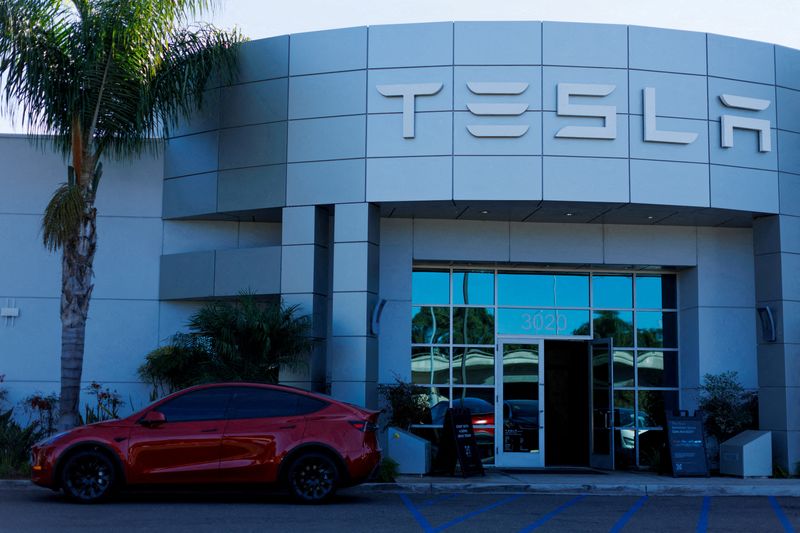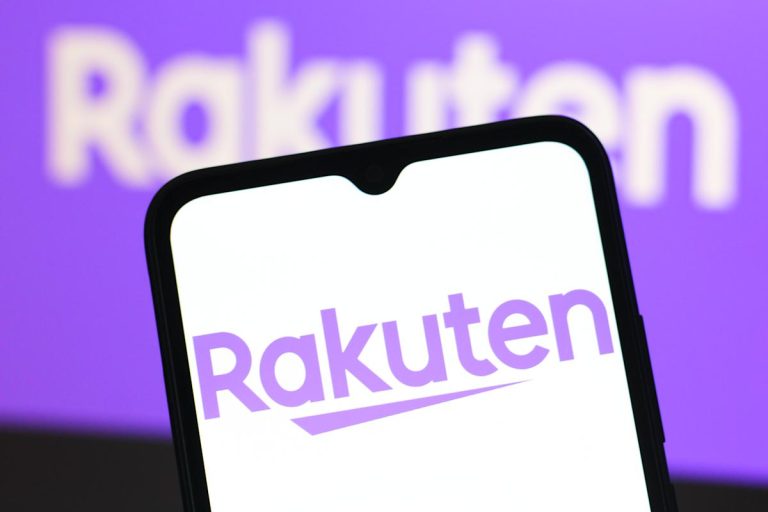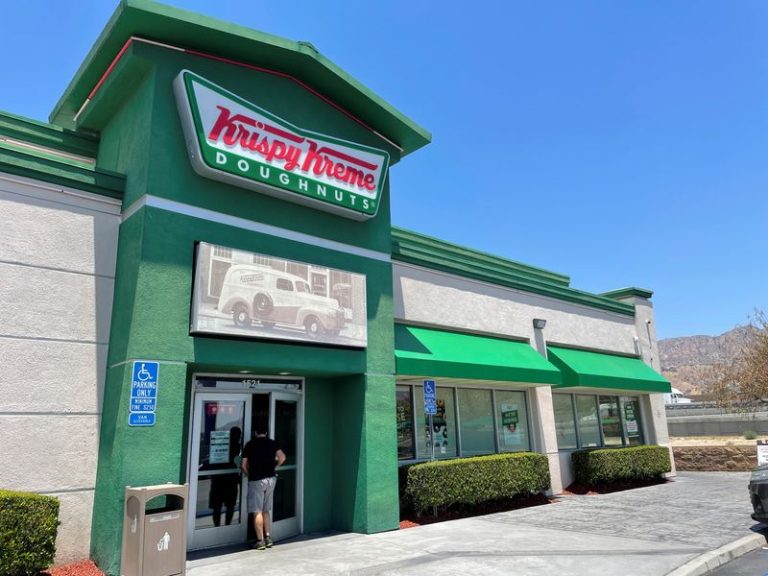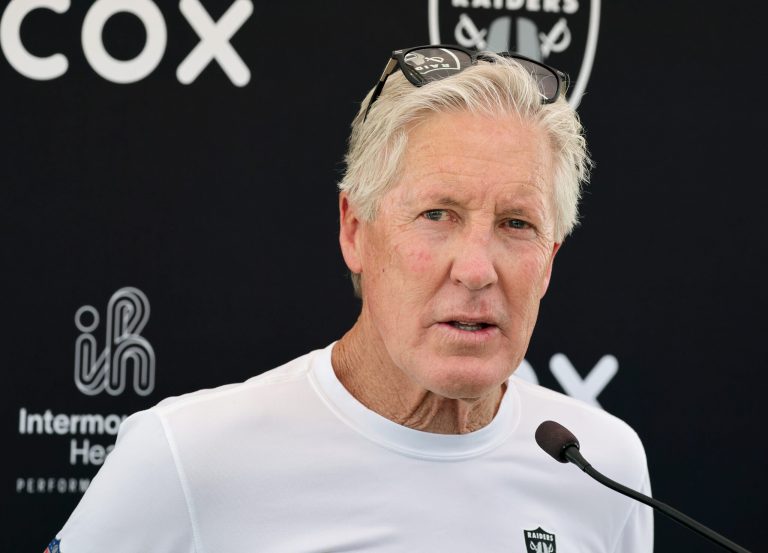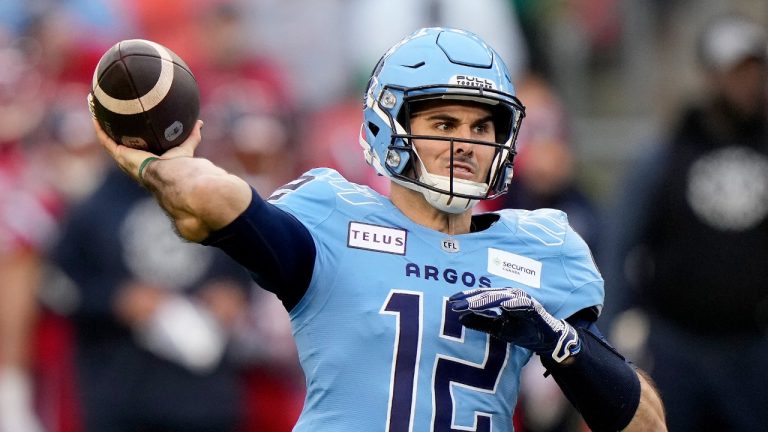By Akash Sriram
(Reuters) – Tesla investors will be eager to ask CEO Elon Musk two pressing questions when the electric vehicle maker reports results on Tuesday: when will the affordable vehicle launch, and is the robotaxi plan on schedule?
Wall Street has pinned its hopes on a cheaper car – promised by the end of the first half of this year – to revitalize drooping Tesla sales that have been hit by competition and retaliation to Musk’s far-right politics.
Reuters reported exclusively on Friday that plans for an affordable Tesla include a stripped-down version of its best-selling Model Y SUV made in the U.S., but its production has been delayed by months.
“The low-cost Tesla might be the one thing that could turn momentum around. If it ends up just being a bare bones version of the Model Y, we think the street could be disappointed. Elon really needs to hit the deadline on this and hit the vehicle itself,” said Will Rhind, CEO of global ETF issuer GraniteShares.
Tesla needs a win badly. As sales have slumped, so have margins – Wall Street estimates the company’s automotive gross margin likely hit its lowest level in the first quarter. Analysts expect this to persist as Tesla continues to offer incentives to boost sales.
The company has said using an existing vehicle platform and production lines to develop a cheaper car will lower its capital costs, but has offered scant details beyond that.
Faced with slowing demand for its aging line-up and red-hot sales of Chinese EVs in China and Europe, Musk pivoted to robotaxis and artificial intelligence last year. He promised driverless ride-hailing services to the public in Texas by June, and later this year in California.
Apart from the fact that Musk has promised and failed to deliver self-driving Teslas for nearly a decade, there are serious concerns about safety and related litigation risks that could come with deploying unproven driverless technology on public streets.
Tesla has been seeking regulatory approvals required for it to eventually launch the promised robotaxi service.
But production of the much-anticipated Cybercab – a robotaxi concept that is central to that idea – could be disrupted, Reuters reported, because Tesla has paused component imports from China after tariffs imposed by U.S. President Donald Trump jumped to 145%.
Stacked alongside these challenges is investor doubt about how much time Musk is spending managing the company because of his involvement in Trump’s administration, where he has led federal job cut efforts.
His actions have incensed people, leading to protests and vandalism at Tesla showrooms that have reflected in a drop in brand value and a rise in trade-ins.
